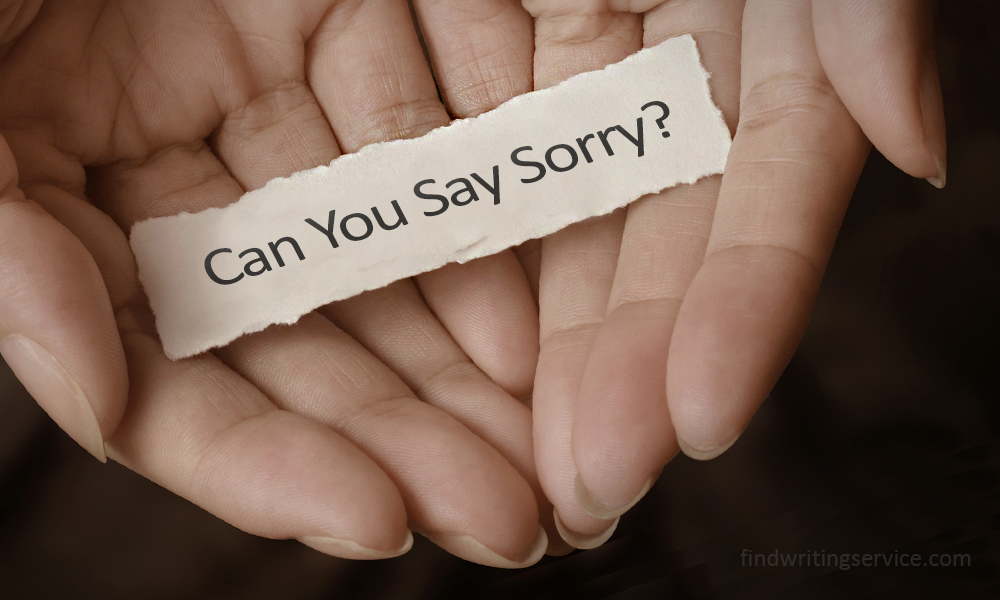By Darine Ammache, Clinical Psychologist
Some people are resistant to acknowledging their mistakes and instead, blame everyone else.
The gaslighter and the narcissist are two examples of such personality traits or disorders.
Gaslighting and narcissistic behaviors are frequently characterized by a lack of accountability and a predisposition to blame others for one’s own mistakes or downfalls.
These behaviors can be extremely harmful to people’s mental health and well-being as they might cause confusion, self-doubt, and even trauma. Individuals who are experiencing these behaviors from others should seek help and work with a mental health specialist who can assist them establish appropriate methods of coping and setting boundaries.
Gaslighting is the practice of convincing someone to doubt their own perceptions or memories, often by denying or downplaying their experiences or feelings.
In these cases, the person engaging in gaslighting may avoid accepting responsibility for what they have done or may push the blame onto the other person, usually causing the victim to question their own sensibility.
Likewise, narcissists may use blame-shifting to avoid accepting responsibility for their own inadequacies. They shy away from admitting their flaws or twist the facts to their advantage often at the account of others.
Furthermore, the ego can play a significant role in making it difficult to express regret.
The ego is the element of our personality that is involved with our self-image, self-esteem, and sense of identity. Apologizing can seem like a strike to the ego’s presence itself.
We may be concerned that owning up to our mistakes will decrease our sense of self-worth and value, hence reducing an image of ourselves that we have worked hard to maintain.
However, it is important to recognize that apologizing can sometimes elicit feelings of shame, guilt, or embarrassment, which can be difficult to deal with. Nevertheless, by acknowledging and dealing with these feelings, we can become more comfortable with apologizing and reap the benefits of stronger relationships and a more positive sense of self in the long run.
Furthermore, it is critical for society as a whole to recognize and contest these risky behaviors, as well as to foster a culture of responsibility and transparency. This can include promoting healthy communication and conflict resolution skills that prioritize empathy, respect, and mutual understanding, as well as educating and raising awareness about gaslighting and narcissism.
It’s critical to understand that apologizing can be an effective means for establishing a connection of confidence with others. We demonstrate accountability and value the feelings and experiences of others when we admit our mistakes and accept responsibility for them.
If you’re having trouble with an apology, consider the circumstances surrounding your reluctance and make an effort to soothe any underlying fears or worries.
Talking with a trusted colleague or supervisor, as well as practicing self-reflection and self-compassion could help.
Finally, while apologizing can be difficult or uncomfortable at times, it does not necessarily imply that we are weak. In fact, it is a sign of strength and dignity, proving that we are ready to take liability for our actions and work to repair any damage that has been done.
